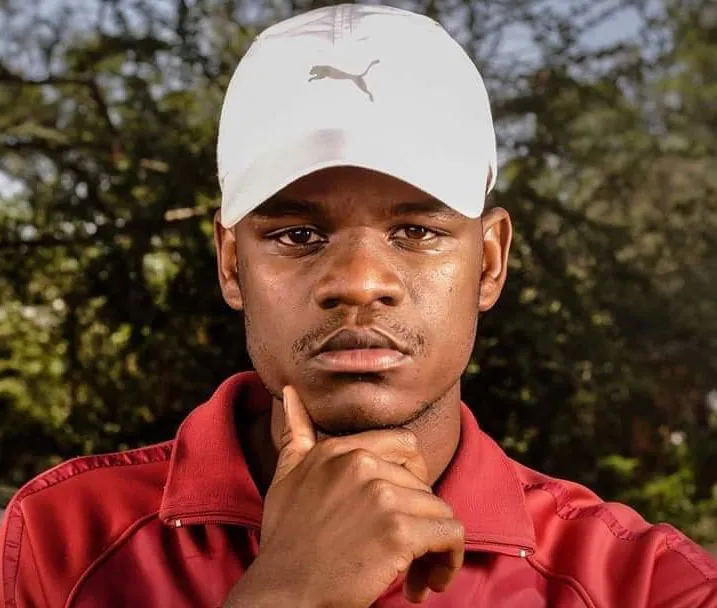
Early Life and Musical Genesis
Siboniso Dlamini, widely known by his stage name Msawawa, was born in 1989 in Clermont, a township in Durban, South Africa. Raised in a family of four children, he was the only son.
Rise to Fame
Msawawa’s breakthrough came in 2001 with the release of the hit single “Wawungakanani,” which he recorded at the age of 12. The song became a national sensation, propelling him into the limelight as one of South Africa’s youngest kwaito stars.
Challenges and Personal Struggles
Despite his early success, Msawawa faced significant personal challenges. The pressures of fame at a young age led him to adopt a reckless lifestyle, involving substance abuse and strained relationships. These behaviors culminated in the loss of his fiancée, Angel Gwala, due to his partying habits. In 2015, he married Gwala in a traditional ceremony, but their relationship eventually ended. Msawawa later acknowledged that his past lifestyle choices had negatively impacted his personal life.
The turning point came when he decided to embrace spirituality and faith. He became a born-again Christian and transitioned into gospel music, releasing the single “Thandaza,” which encouraged listeners to seek solace through prayer.
Career Resurgence and Philanthropy
In 2018, Msawawa reunited with Mzambiya to release “Imoto Ka Shukela,” marking a significant comeback after a hiatus. The collaboration was well-received, rekindling interest in their music. Msawawa continued to evolve artistically, experimenting with genres like Amapiano, reflecting the dynamic nature of South African music.
Beyond music, Msawawa has dedicated himself to philanthropy through the Msawawa Youth Foundation, established in 2016. The foundation focuses on providing school uniforms, feeding schemes, and nurturing talent in rural areas. He also runs Msawawa Music Production, a record label aimed at developing emerging artists.
Recent Developments
As of 2024, Msawawa has been working on a documentary that chronicles his life and career, offering insights into his journey and the lessons learned along the way. He continues to release music, with recent singles like “Izandla Phezulu,” collaborating with artists such as Vukani Khoza and Calvinator. His commitment to both his musical career and spiritual life remains steadfast.
Legacy and Cultural Impact
Msawawa’s contributions to the South African music scene are significant. He played a pivotal role in popularizing kwaito music among younger audiences and has influenced a generation of artists. His ability to adapt to changing musical landscapes, from kwaito to Amapiano and gospel, demonstrates his versatility and enduring relevance in the industry.
Through his philanthropic efforts and focus on youth development, Msawawa has also made a positive impact beyond music, inspiring many to pursue their passions while giving back to the community.
Discography Highlights
- The Hurricane (2002)
- Home Sweet Home (2003)
- Sibalukhulu (2004)
- Imoto Ka Shukela (2018)
- Bayeza (2022)
Conclusion
Siboniso “Msawawa” Dlamini’s journey from a child star to a multifaceted artist and philanthropist is a testament to resilience and transformation. His story reflects the challenges and triumphs of navigating fame at a young age, the importance of personal growth, and the power of music as a tool for change. Msawawa’s legacy continues to inspire, and his contributions to South African music and society remain impactful.





